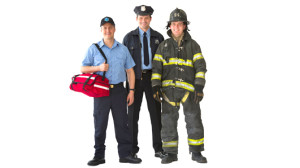Like many business operators, managers of a busy health club have a lot of responsibilities, including driving membership growth and retention, developing new programs to meet the latest trends, keeping the books in order and dealing with HR issues. Of course, they also have to keep everyone safe.
You are not alone!
Community resources abound. Your insurer and agent along with local fire, police and emergency medical services departments as well as other community agencies can help you learn and implement best practices. For example:
- Request that your insurer’s loss control specialists make periodic walk-through inspections of your facility to identify hazards and make recommendations to correct them and implement best practices. Where applicable, ask them to review your emergency protocols and procedures and assist in your staff training.
- Engage your local fire/EMS in your emergency planning and training. Consider organizing lifeguard rescue training where they can familiarize themselves with your ingress points, interact with the guards and practice rescues in the pool with them.
- Ask the police in your area to assist with planning for emergencies, such as active shooter or violent incident response protocol. In many instances, your business can provide real-time access to surveillance video in an emergency.
- Contact outside agencies, such as the American Red Cross®, about providing training and templates for your team as well. Local social service agencies and other resources are often willing to collaborate on safety improvement.
Other business operators also are great resources. Get involved with them through industry publications, trade shows, conferences and roundtables to share best practices with your peers.
Risk management can truly take on the “it takes a village” mantra. By partnering with your local community resources, you can strengthen your risk management practices and your community relationships.
This loss control information is advisory only. The author assumes no responsibility for management or control of loss control activities. Not all exposures are identified in this article.

